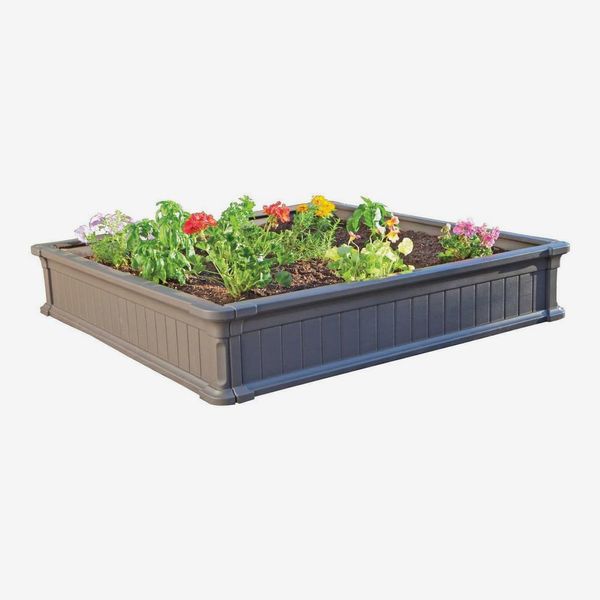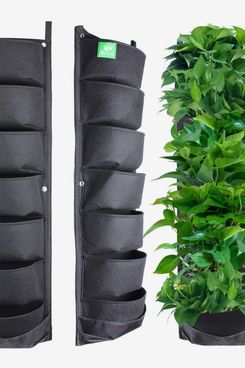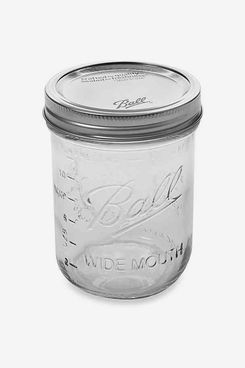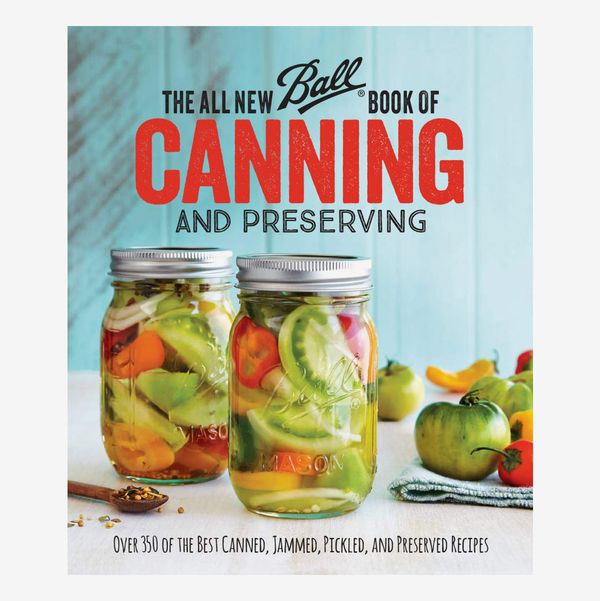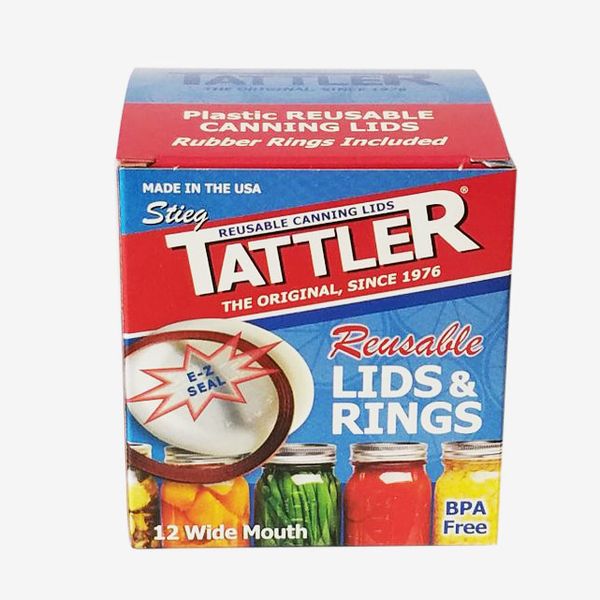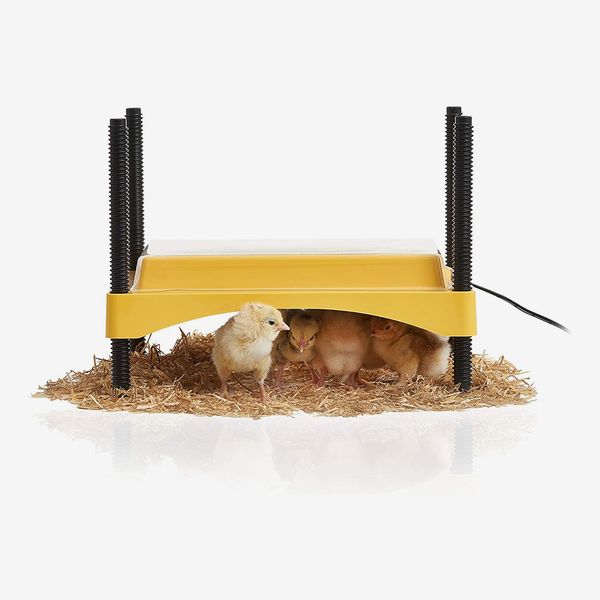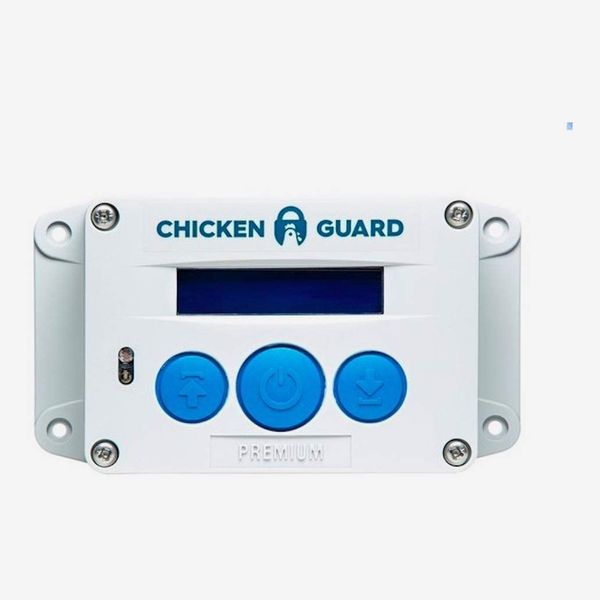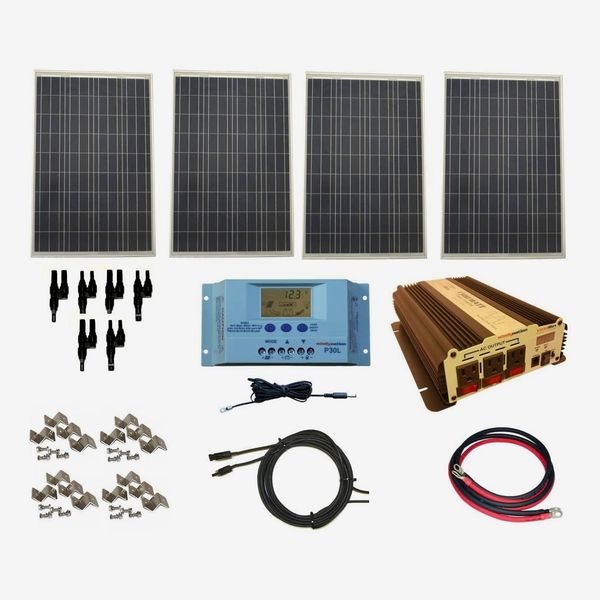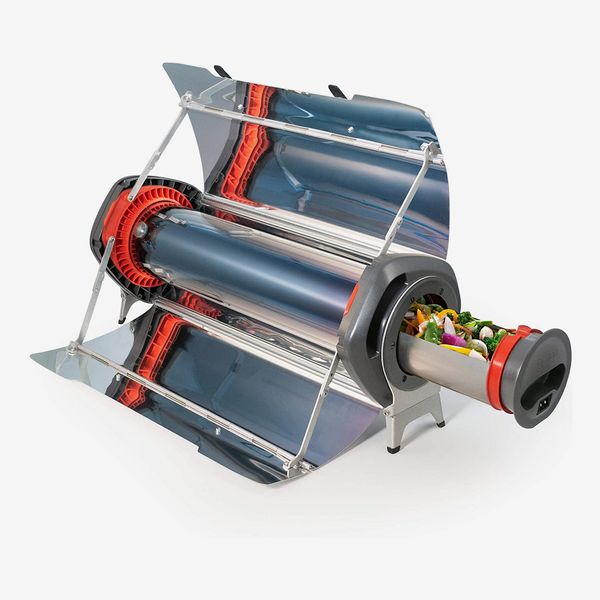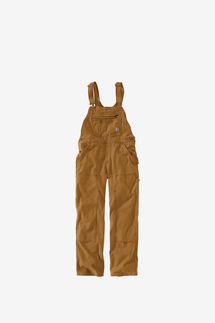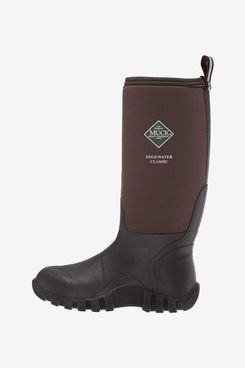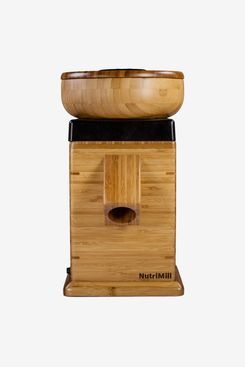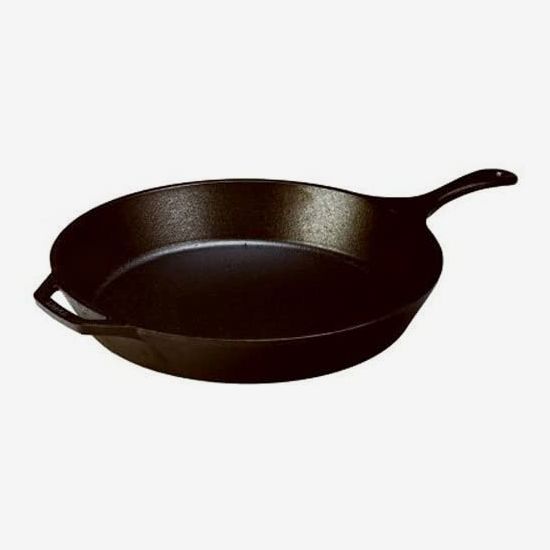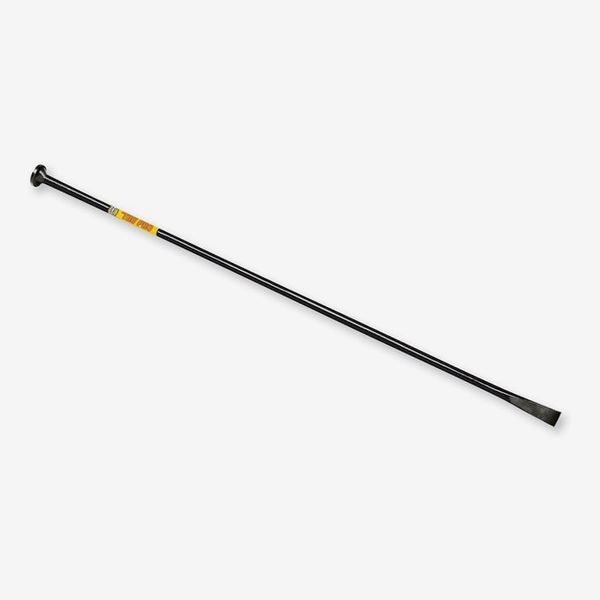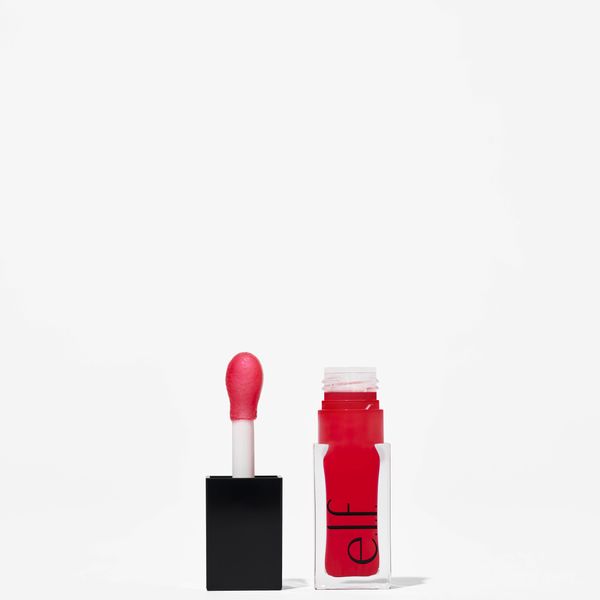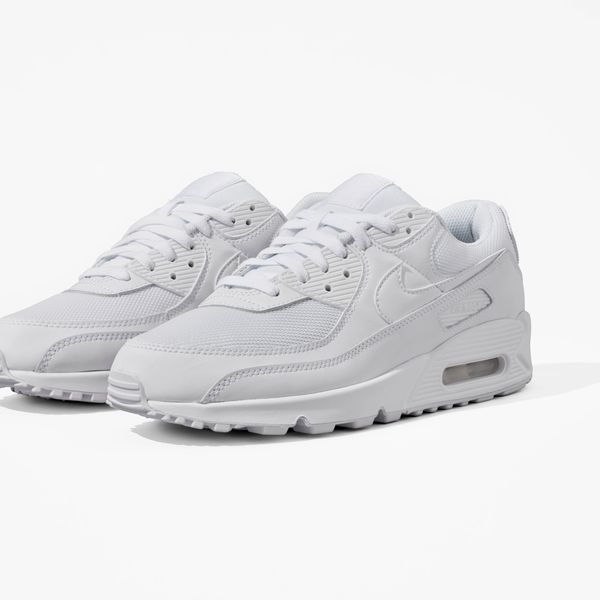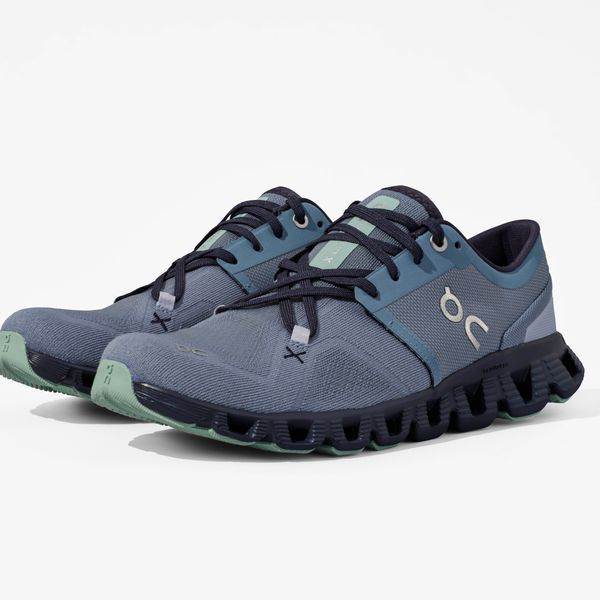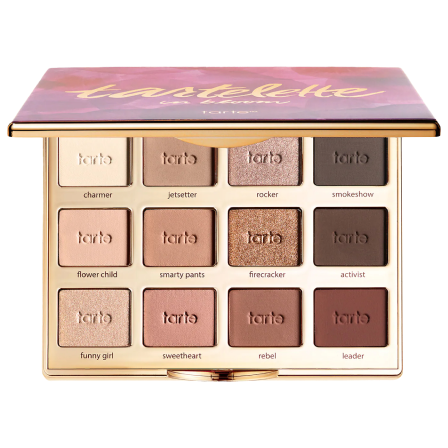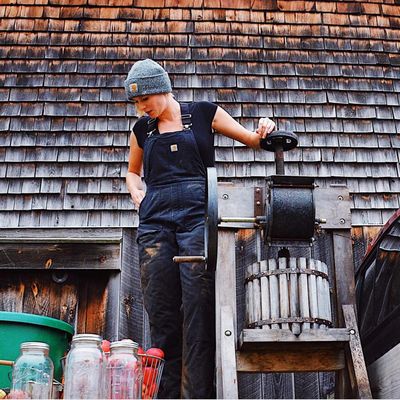
All this time spent hunkering down in our homes — eating too much soup, wearing nothing but sweatpants, and swiping on dating apps only to end up exchanging 15 messages with someone before you both fade back into your solo quarantines (it can’t be just me) — has revealed just how dependent we are on outside sources for things as basic as food, water, and even entertainment. But it doesn’t have to be that way. With just a few changes, you can become more self-sufficient. Maybe not completely-off-the-grid, ready-to-kill-and-eat-your-meals self-sufficient but at least enough to get you through the next worldwide pandemic (or just a long-term power outage) with a little less stress.
For help, we reached out to seven homesteaders. These people have turned self-sufficiency into a lifestyle, and many of their habits are easy to apply to your own life. “Homesteading is something you can do at all different levels,” says Tasha Greer, homesteader and author of the upcoming book Grow Your Own Spices, “It’s about finding ways to do more yourself so that you aren’t at the whim of things like COVID-19.”
Homesteaders, we should point out, are not preppers. The way both groups go about self-sufficiency is a bit different: “Homesteading is about daily activities, things you do so you’re more skilled so you have more food put away for tough times. Preppers do more buying things to put in a shelter. They’ll have lots of gear and gear options,” Greer says. “I can live off the grid at any moment, but I don’t, because I like my comfort.” Deborah Nieman of thriftyhomesteader.com sees a similar distinction: “When people ask me if I’m a prepper, my answer is, I don’t give myself that label, but if there was a zombie apocalypse, I wouldn’t worry about where my next meal was coming from,” she says. Here are Nieman, Greer, and five others’ suggestions for how to make sure you know where your next meal is coming from — even when Trader Joe’s is closed.
Grow your food
Food security is one great way to make yourself more independent, our experts say. According to Neiman, you don’t need a ton of space to start a garden. “There’s this misconception that you need a bunch of acres and need to be in the middle of nowhere,” she says. “People in cities and suburbs have incredible gardens.” You can use whatever space you have, whether it’s a big backyard, your roof, or even a particularly sunny windowsill in your kitchen. The following beds are an easy place to start. (For what to plant and how to plant it, click here.)
According to Dave Toht, author of 40 Projects for Building Your Backyard Homestead, a raised garden bed is “a little easier to weed and garden. You can isolate it from the rest of the property. It also allows you to dig deeper and plant plants closer together to preserve space.”
If you’re limited for space, a vertical garden is a great way to plant a lot of food efficiently. “It makes the most use of the space you have,” says Tara Dodrill of New Life on a Homestead. “Instead of planting flowers, plant lettuce or purple tomatoes.”
Preserve your food
Almost every single one of our experts mentioned mason jars as a homesteading necessity. “Mason jars are really good for canning things or storing things that you have dried,” Greer says. Jill Winger, author of The Prairie Homestead Cookbook, calls them her No. 1 food storage container. “They’re durable, they don’t hold on to smells, and they’re easy to sanitize,” she says. “I even decorate with them.”
Canning is a fantastic way to preserve food, but if you’ve never done it before, this book will help you do it safely at every step. “It’s the Bible of canning,” Nieman says.
Most canning lids are only good for one use, but Tattler makes reusable lids. “You can get about 20 uses before the seal breaks down,” Greer says.
Raise your food
When the grocery store runs out of eggs, it’s hard to have omelettes — unless you have your own chickens. “An individual chicken lays about 4 eggs a week,” Toht says. If you have a backyard and your town allows it (towns have gotten more liberal about allowing chickens, Toht says, but you should always check first), chickens are a great investment. You can often buy them from local farms or feed stores or get them delivered to your door by Murray McMurray Hatchery. “Get laying hens, not roosters,” Toht warns. “Roosters can be loud all the time and aggressive.” Here are some pieces of equipment that will make raising your chickens easier.
Many people who start raising chickens buy heating lamps, but they can cause fires. “They’re cheaper, but people have burned down chicken coops and barns,” says Savannah Brown, a teenage homesteader who’s raised chickens for seven years. “For me, that’s too much of a risk.” Instead, Brown uses this Ecoglow chick brooder. “It’s less of a hassle than a heat lamp, and chicks can get their backs against it to stay warm.”
Tending chickens does require some hands-on work, but with the ChickenGuard, some of the less convenient tasks can be automated. “Chickens are ready to get up at first light, but you can program the ChickenGuard to open at dusk and dawn so you don’t have to get up early in the morning,” Brown says. Plus, if you’re not home in time to shut the door at dusk, the chickens will be closed in and protected from predators.
Provide your own power
Even if you can’t run your home entirely off of solar, adding a few panels can reduce your dependency on the grid. It also provides a great backup if the electricity goes out, allowing you to run essential equipment like refrigerators or (if you’re doing remote learning or working from home) the router. This WindyNation kit is ready to go, with all the pieces you need. “You may have to buy a few cables and some car batteries to store power, though,” warns Greer.
To cut out another major power draw, get a solar oven. “As long as you can see the sun, they heat up fast and work like an oven,” Greer says. “Even on cloudy days,” although then it’s a slightly slower process.
Find durable clothing
Almost all our experts mentioned Carhartt as their outdoor workwear brand of choice. “Their bib overalls make all the difference, keep you warm and safe. You can take them off after cleaning the barn and go back to being a normal person,” says Kirsten Lie-Nielsen, author of So You Want to Be a Modern Homesteader. “I wear their Wildwood jacket outside when it’s colder. If you keep any animals, you’re going to be outside in all weather.”
For outdoor footwear, many of our experts also recommended Muck Boots, which come in various heights and even have steel toes — an asset when you’re working with large animals. “They’re incredible. They’ve lasted me five years. They don’t leak even when you’re slogging through water,” Nieman says.
Get a few special tools
Rather than buying ground flour (if you can actually find it), grinding your own grain provides more effective long-term storage. “Flour is really hard to store. It spoils,” says Winger. “But you can store whole nut or whole wheat berry for a long time. I keep buckets of grain in storage and grind in with my mill.”
If you don’t already have a cast iron pan, get one. Cast iron is a tough and long-lasting, non-stick cooking surface. And it will work on just about any heating source. “The best toast you’ll ever have is on a cast iron skillet,” Dodrill says. “And cast iron works indoors and out.”
In addition to standard garden tools like trowels, spades, and garden rakes, a large pry bar, or digging bar, is incredibly useful for various tasks. “Originally, we got it for moving rocks,” says Lie-Nielsen. “Now I use it for breaking ice on the steps, any sort of fencing, digging fence posts. It’s going to help moving anything heavy.”
The Strategist is designed to surface the most useful, expert recommendations for things to buy across the vast e-commerce landscape. Some of our latest conquests include the best acne treatments, rolling luggage, pillows for side sleepers, natural anxiety remedies, and bath towels. We update links when possible, but note that deals can expire and all prices are subject to change.
